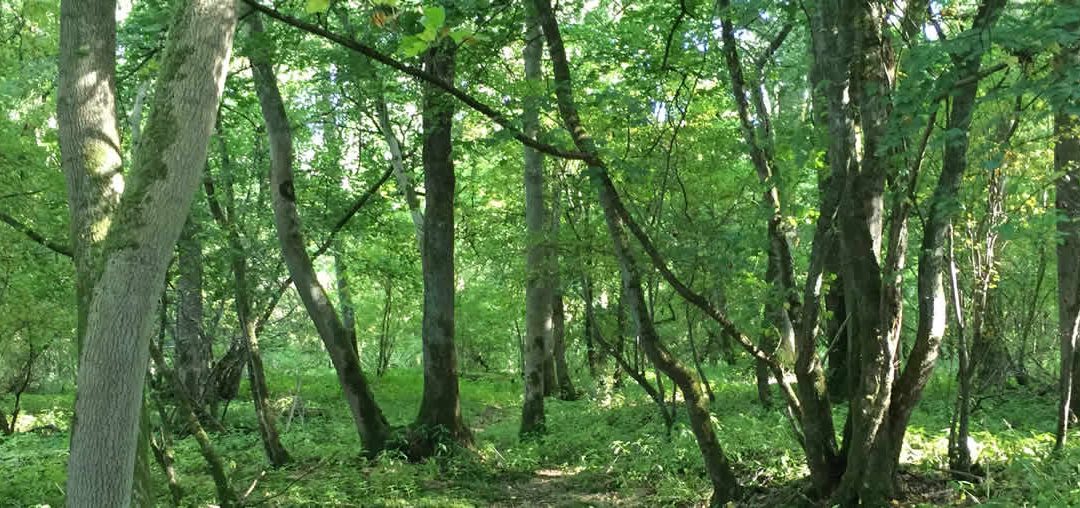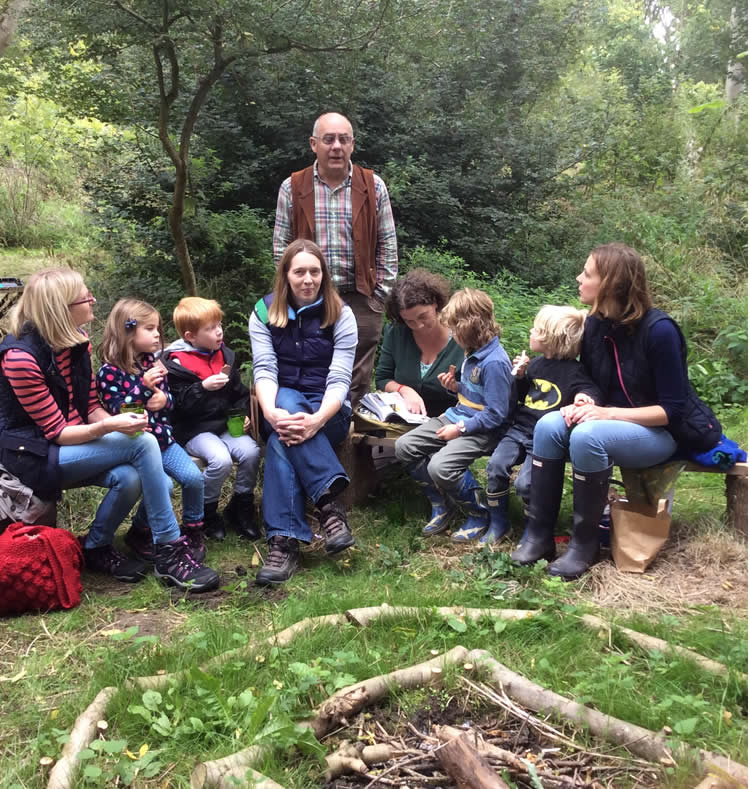Outdoor benefits for children on the Autistic spectrum
Children of all ages have benefitted from the wild wood experiences they get involved with up at Oxlip Wood. We provide activities for the children that lead to experience of positive emotions, which in turn help the children develop the ability to deal with challenges. Regular attendance at sessions attended over a period of time can promote a range of personal development aspects such as emotional regulation and resilience, along with improvements in self-confidence and self-esteem.
Parental feedback on woodland benefits for children on the Autistic spectrum
Reflection and feedback is an important aspect of our wild wood experiences. One father who brought his children to the wood related:
“We started taking our children for nature walks at a young age, so it became part of our routine and similar to many other families with a child or children on the Autistic spectrum who find comfort in routine. Once in the wood phones and computers are forgotten. We all benefit from relaxing in the woodland environment, getting lots of fresh air and well needed exercise, having fun together as family”.
The Mother whose 10 year old son has attended said:
“Sam isn’t confident physically because of his poor coordination, and at times doesn’t feel very good about himself. In his time coming to the woods he has learned to work with woodland tools and worked with other to build a shelter, helping choose suitable wood and sawing lengths required. He also learned about the best knots to use to make sure the shelter was safe for everyone to play in. After he was able to show the Leader he followed camp fire protocols he was able to help build and light fires for everyone to enjoy. He learned the names of the trees growing in the wood and this has sparked far more interest in the natural world. Being given the opportunity to do these things has made my son feel great about himself. I’ve found that when he comes in from school having had a bad day, we talk about the special things he has done up at Oxlip Wood and the memories help him feel good about himself again, because the time he’s spent in the woods has provided such positive memories.”
Interested in finding out more about our dedicated SEN sessions?
How woodland can benefit wellbeing
The woodland environment we use for working with children on the Autistic spectrum is especially beneficial and calming for children with sensory processing disorder and especially so for those who suffer from anxiety. Oxlip Wood is a wild woodland that’s away from urban areas, situated in the middle of fields, without public rights of way running through it and has substantial fencing around the 20 acre site.
Children on the Autistic spectrum that have joined in a wild wood experience up at Oxlip Wood have benefitted from the peace and tranquillity of the woodland, contributing to improvements in relaxation and general wellbeing.
Oxlip Wood is particularly well suited as an oasis of calm for children on the Autistic spectrum, providing respite from the usual busy, overly stimulating world they encounter every day. The wood is completely fenced and surrounded by fields.
The only noises that can be heard in the wood are associated with the natural world, the leaves rustling in the wind, shadows dancing on the ground the distant baa of sheep and only occasionally a sound of a vehicle in the distance.
Our aim is to assist families with children on the Autistic spectrum who experience difficulties with one, or several common associated issues:
- Social interactions
- Emotional regulation
- Social imagination
- Focus and attention
- Sensitivities
- Co-ordination
- Anxiety
Getting out into a wild woodland environment, risk-managed to cater for particular individuals is a great way to experience quality family time and also provide essential healthy and active experiences. You can read more about how time spent in woodland can benefit children on the Autistic spectrum.




Recent Comments